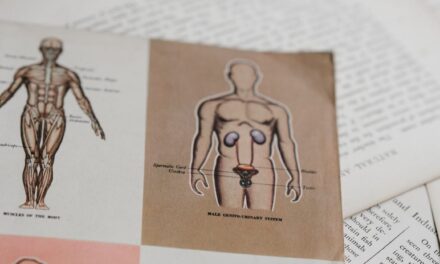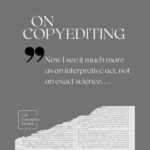 Here at CR, we’re looking forward to the howling winds and dead-tree vistas of January. Okay, not really, but we ARE anticipating the new issue, which will hit the frozen or semifrozen (depending on the latitude) North American newsstands then. Either you can pull on your long underwear, lace up your boots, and brave the hoarfrost to get your copy . . . or we could just mail it to you.
Here at CR, we’re looking forward to the howling winds and dead-tree vistas of January. Okay, not really, but we ARE anticipating the new issue, which will hit the frozen or semifrozen (depending on the latitude) North American newsstands then. Either you can pull on your long underwear, lace up your boots, and brave the hoarfrost to get your copy . . . or we could just mail it to you.
To light your fire—figuratively speaking (using issues as actual kindling is not recommended)—Lisa Ampleman, one of our new assistant editors, has jotted a few thoughts on a poem in the upcoming issue. Just to make it challenging for Lisa, whose gray matter sometimes shoots beams of rainbow-colored light from her earholes (just to show off, we think), we made her drink three 7-Eleven Slurpees in swift succession while composing these comments. It’s a testament to cerebral prowess that her thoughts can still form even in the midst of a catastrophic brain freeze.
Lisa Ampleman: Jason Sommer’s poem “Gunga Din” (Issue 8.2) is not an appreciation of the Kipling poem or 1939 film but a searing portrayal of a father-son relationship. The poem does feature a water-boy, nicknamed Gunga Din, but this time the setting is a Nazi work camp. The speaker imagines the man “running always, one/ thing shining in his head: to do, do—/ water for thirsty brothers—this to do/ and done well all may yet be well,” a sentiment that resonates darkly in this context. The speaker’s father, a Holocaust survivor, has asked him to write about the water-boy in a way that honors the man’s memory.
Our poet-narrator notes that when, while growing up, he’d heard his father’s stories about Gunga Din, he always thought of the man as an idiot to be mocked, like a scrawny kid who didn’t make the football team. This speculation, though, is corrected by his father, who wants the speaker to see “a whole world beyond irony,” and in the end, the poem is about the challenges of the son relating to the father. Through digression and self-reflection, this poem highlights the tensions for the children of Holocaust survivors, the effort to honor the parents even while acknowledging their flaws. Sommer deftly demonstrates the difficulty of realizing we’ve been wrong and moves from thought to thought in syntax that catches the breath when we reach the poem’s culmination.










